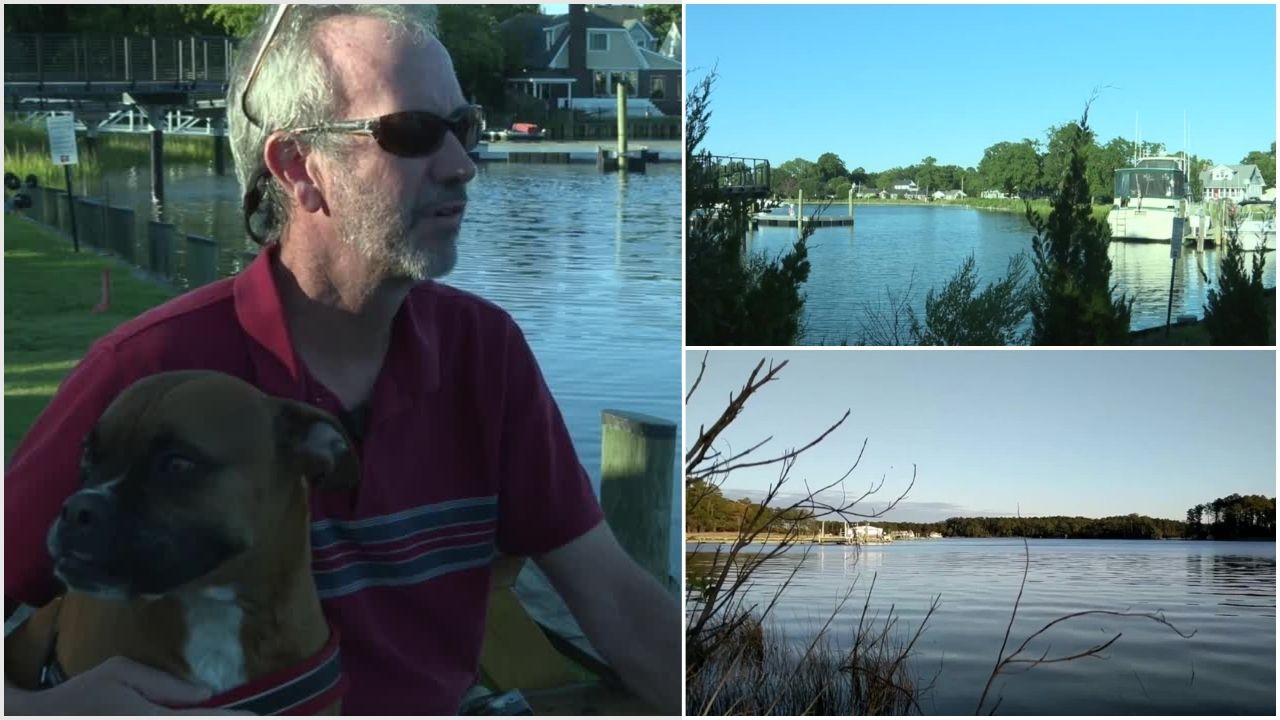NORFOLK, Va. — Storms like Hurricane Erin that bring tidal flooding can cause immediate problems, but the aftermath may be just as concerning for local waterways.
Tidal flooding can pollute bodies of water like the Elizabeth River with trash, waste and pesticides, according to environmental experts and residents in Norfolk.
"There's definitely a pollution issue," John Poole, who has lived in the Larchmont neighborhood for more than five decades, told WTKR's Erin Holly.
Poole's neighborhood often experiences tidal flooding, especially after events like Hurricane Erin. He expressed concern about pollution clouding bodies of water after major flooding events.
Victoria Dunch, Resilience Research Coordinator for the Elizabeth River Project, explained the connection between flooding and pollution.
"Whether the water's coming down from the sky or it's backing up through our storm drains, coming up onto our city streets, the result is the same. Our sunny day flooding issues cause just as much problem as when it's rain falling from the sky," Dunch said.
The biggest threat to the Elizabeth River is polluted runoff water, according to Dunch, who noted the river is receiving a lot of runoff this week following Hurricane Erin.
"So when we have flooding that comes out onto the streets and it touches people's lawns. It goes into dog parks, it knocks over people's trash cans and floods all the streets. When those flood waters recede, they pull everything that they came into contact back with them into the river," Dunch said.
Neighbors like Poole encourage others to be mindful of what can end up in local bodies of water.
"Picking up your dog poop and picking up any kind of trash or plastics that are especially on the waterfront," Poole said.
When asked about everyday actions neighbors can take to help prevent pollution in future flooding events, Dunch recommended: "So, removing these less permeable materials and putting more permeable materials like absorbent soils, native plants."
These materials can help absorb contaminated water naturally before it can get back into the Elizabeth River.










This story was initially reported by a journalist and has been converted to this platform with the assistance of AI. Our editorial team verifies all reporting on all platforms for fairness and accuracy. To learn more about how we use AI in our newsroom, click here.





